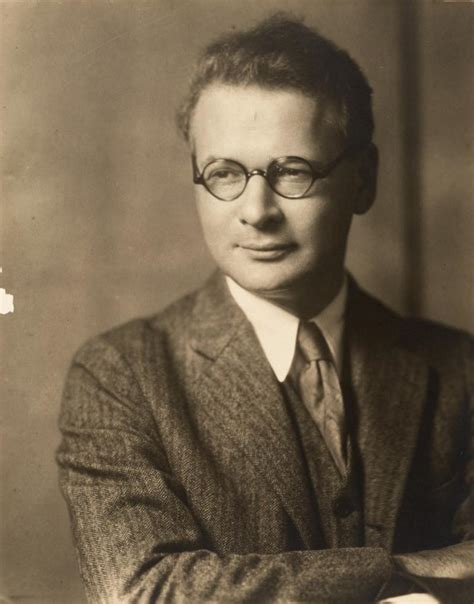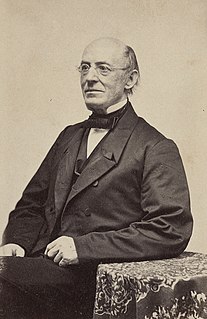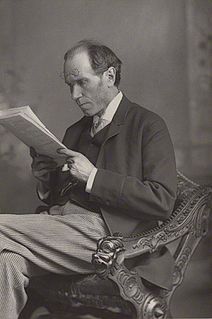A Quote by Bert Sugar
It's to me one simple rule. Who imposes his will on the other man?
Related Quotes
10 Rules for Being Human: Rule #1 - You will receive a body. Rule #2 - You will be presented with lessons. Rule #3 - There are no mistakes, only lessons. Rule #4 - The lesson is repeated until learned. Rule #5 - Learning does not end. Rule #6 - "There" is no better than "here". Rule #7 - Others are only mirrors of you. Rule #8 - What you make of your life is up to you. Rule #9 - Your answers lie inside of you. Rule #10 - You will forget all this at birth.
All the stories of the Bible that I know came to me first from my grandfather's lips... He would see stories in everything. He told stories very easily and very generously, so I loved him for that. He was a simple man, a Victorian; he was born in 1890-something. He saw no reason and had never seen any reason to question his Christian faith. His faith was strong and simple and that's it. And I, like his other grandchildren and the children in his parish, sheltered underneath it.
The democratic rule that all men are equal is sometimes confused with the quite opposite idea that all men are the same and that any man can be substituted for any other so that his differences make no difference. The two are not at all the same. The democratic rule that all men are equal means that men's being different cannot be made a basis for special privilege or for the invidious advantage of one man over another; equality, under the democratic rule, is the freedom and opportunity of each individual to be fully and completely his different self. Democracy means the right to be different.
In the following pages I offer nothing more than simple facts, plain arguments, and common sense; and have no other preliminaries to settle with the reader, than that he will divest himself of prejudice and repossession, and suffer his reason and feelings to determine for themselves; and that he will put on, or rather that he will not put off, the true character of man, and generously enlarge his view beyond the present day.
This morning arrives a letter from my ancient silver-mining comrade, Calvin H. Higbie, a man whom I have not seen nor had communication with for forty-four years. . . . [Footnote: Roughing It is dedicated to Higbie.] . . . I shall allow myself the privilege of copying his punctuation and his spelling, for to me they are a part of the man. He is as honest as the day is long. He is utterly simple-minded and straightforward, and his spelling and his punctuation are as simple and honest as he is himself. He makes no apology for them, and no apology is needed.





































